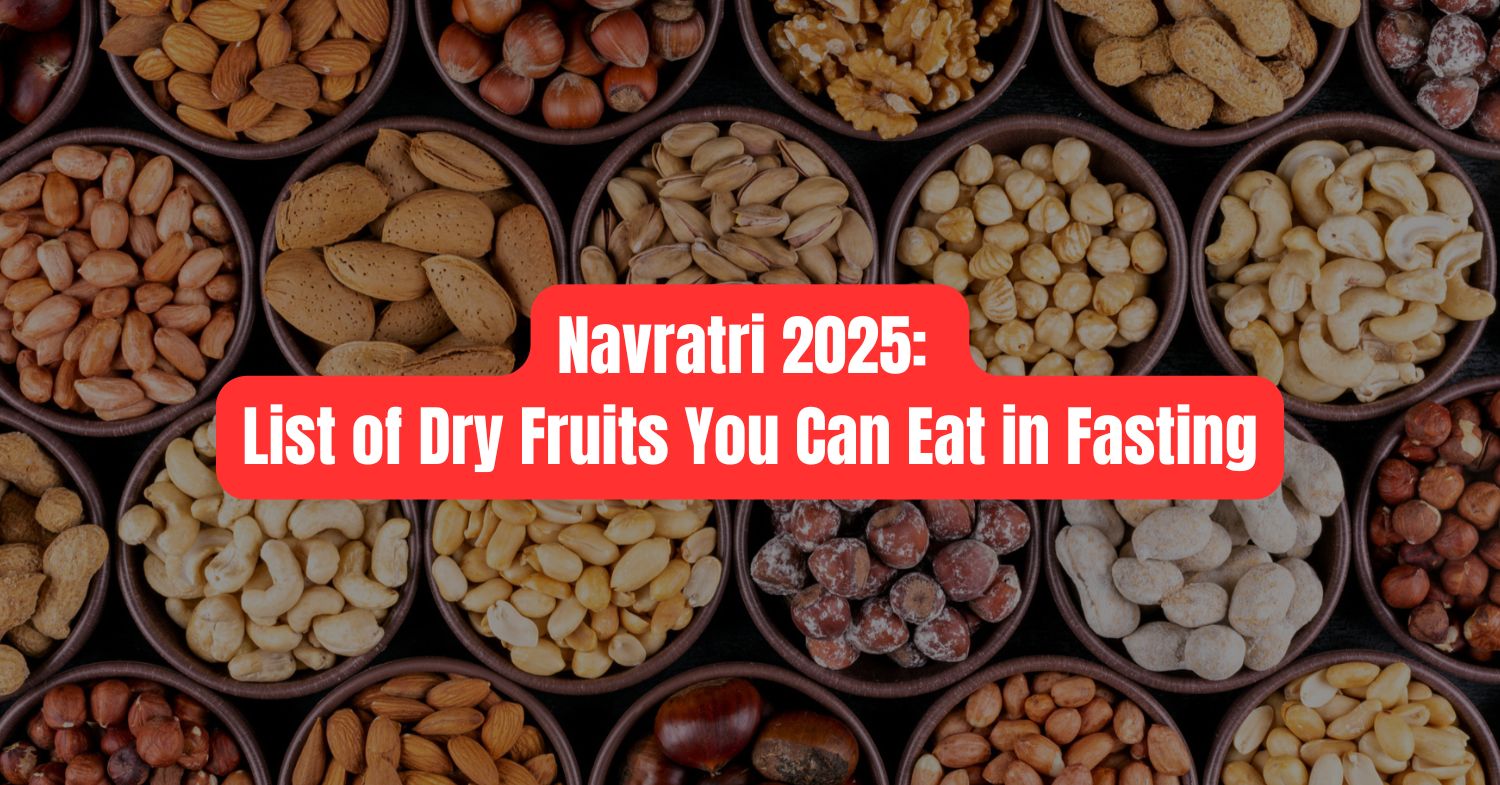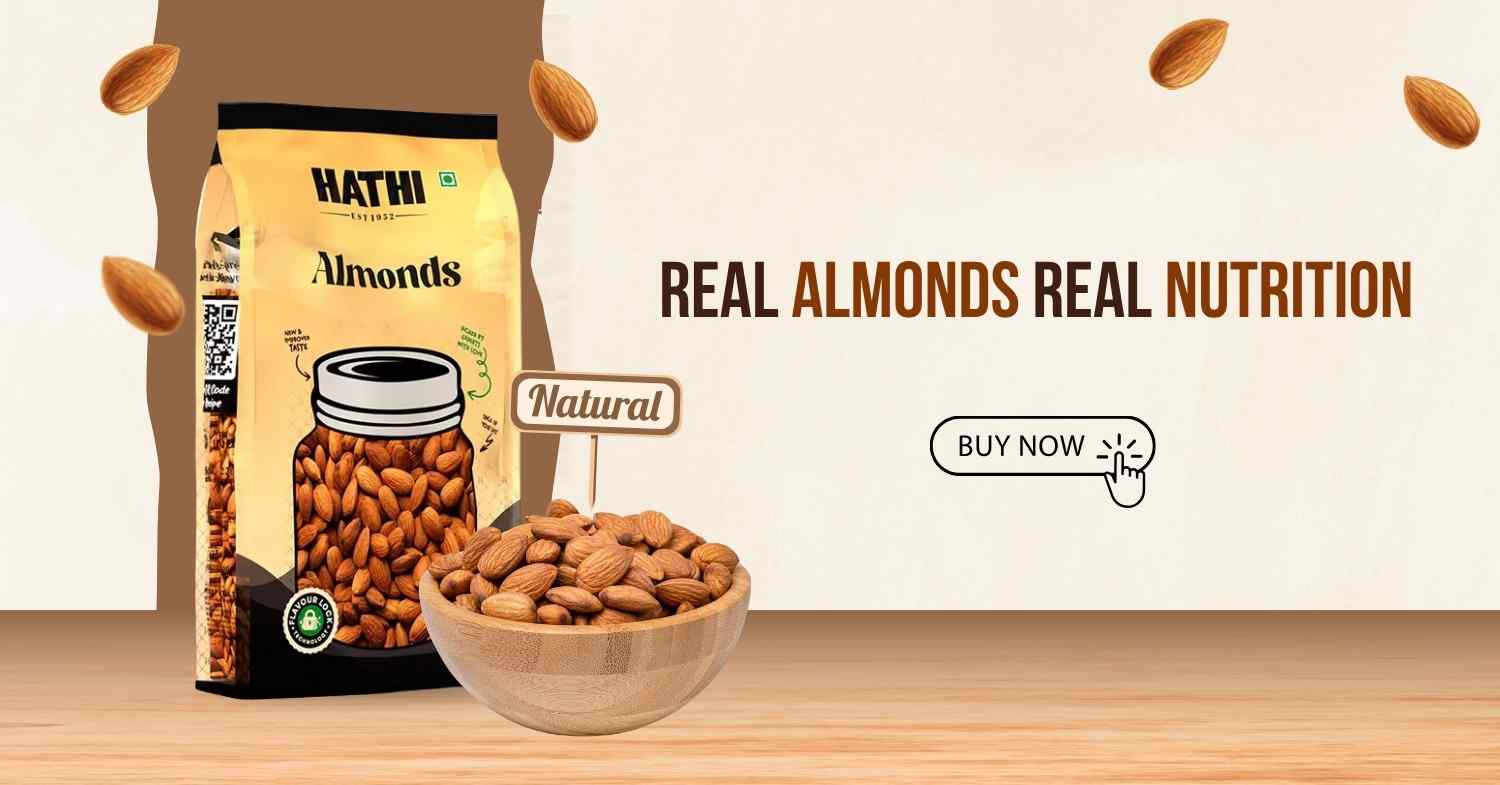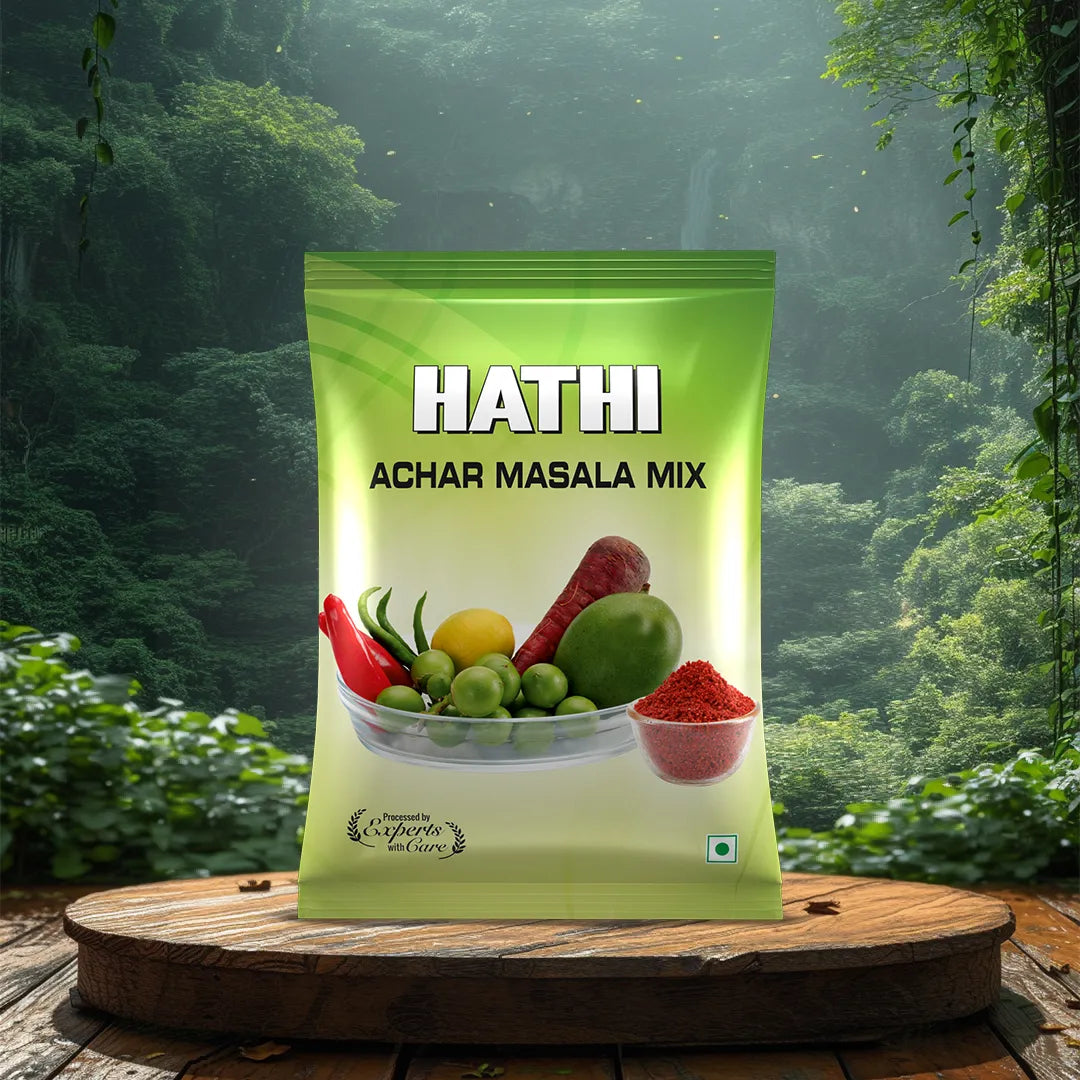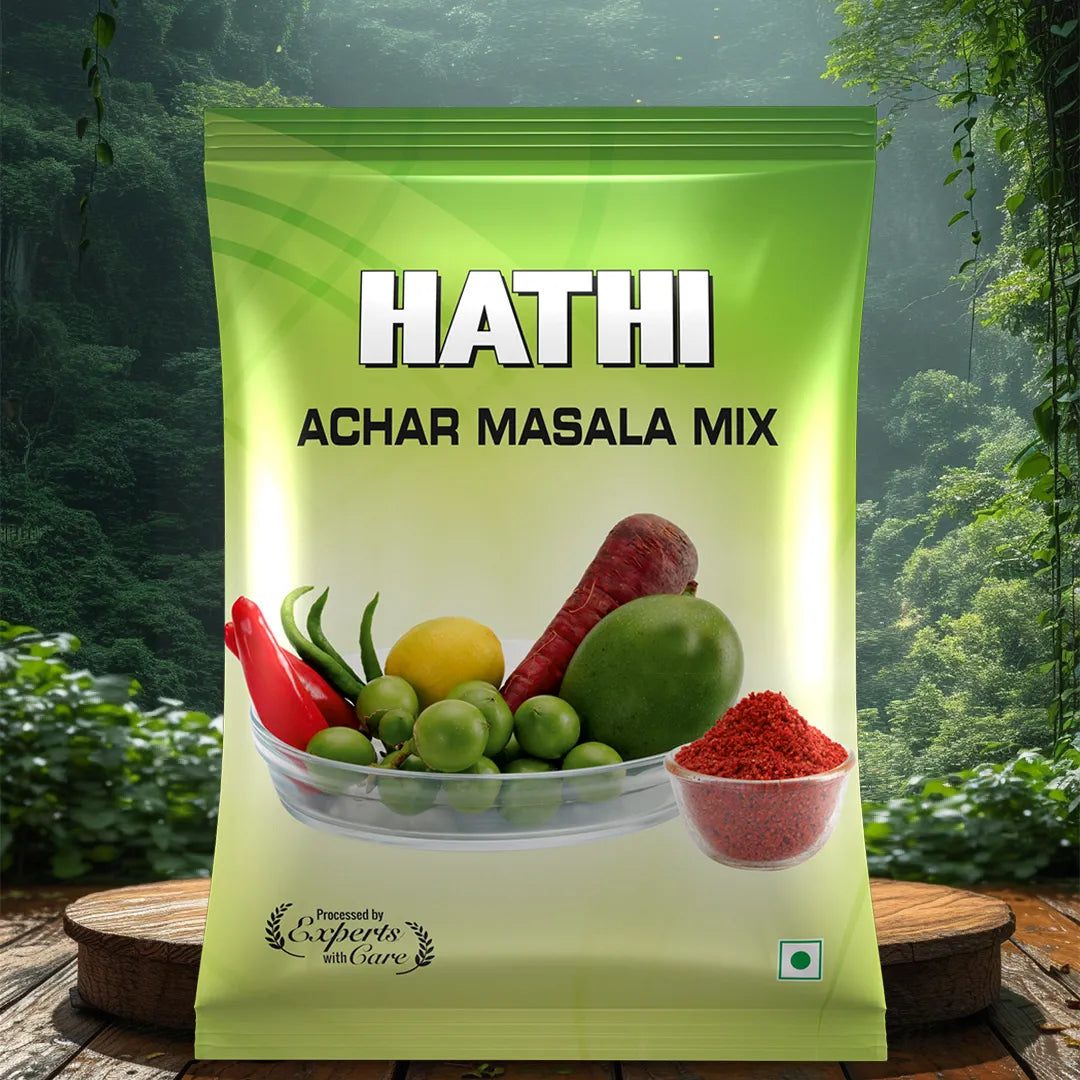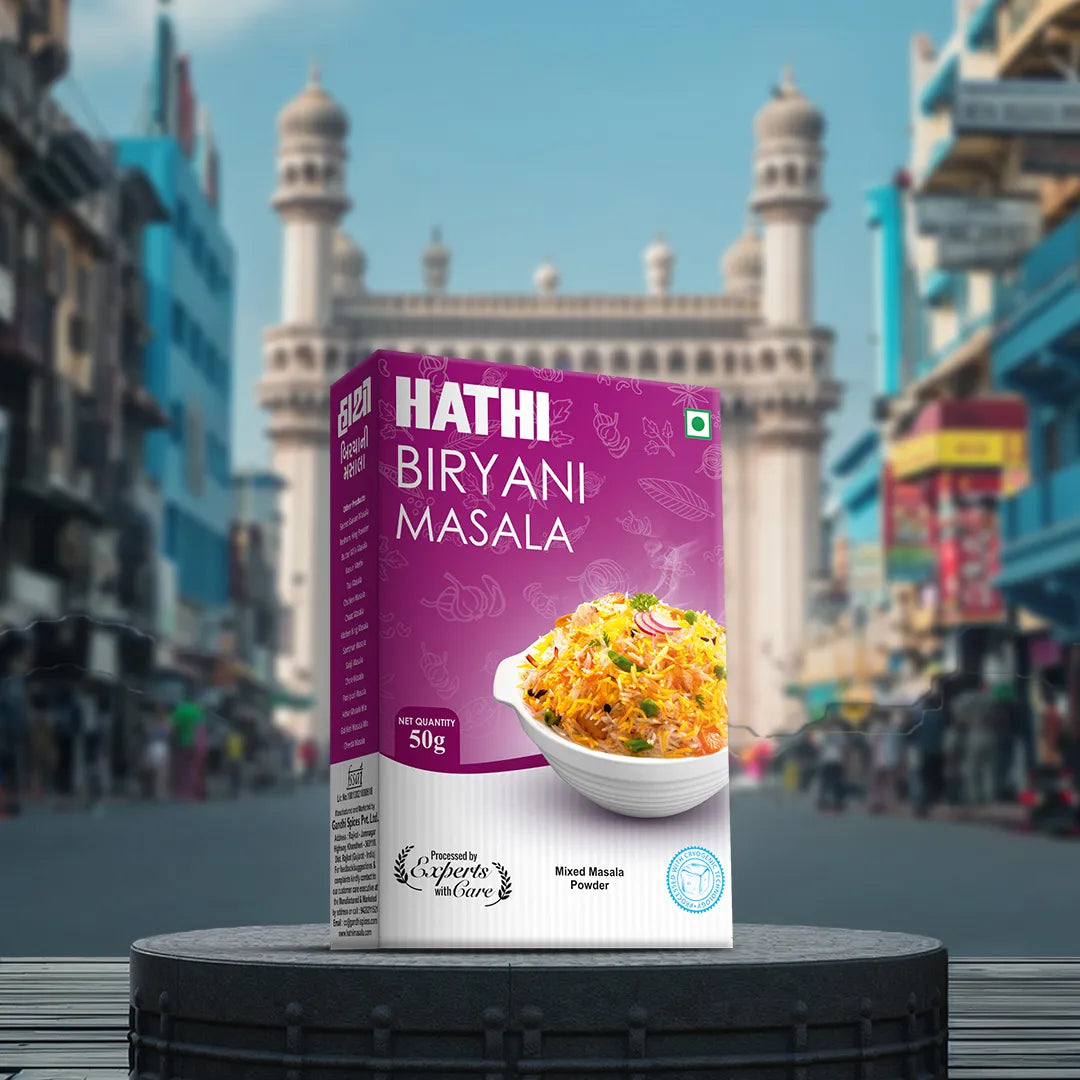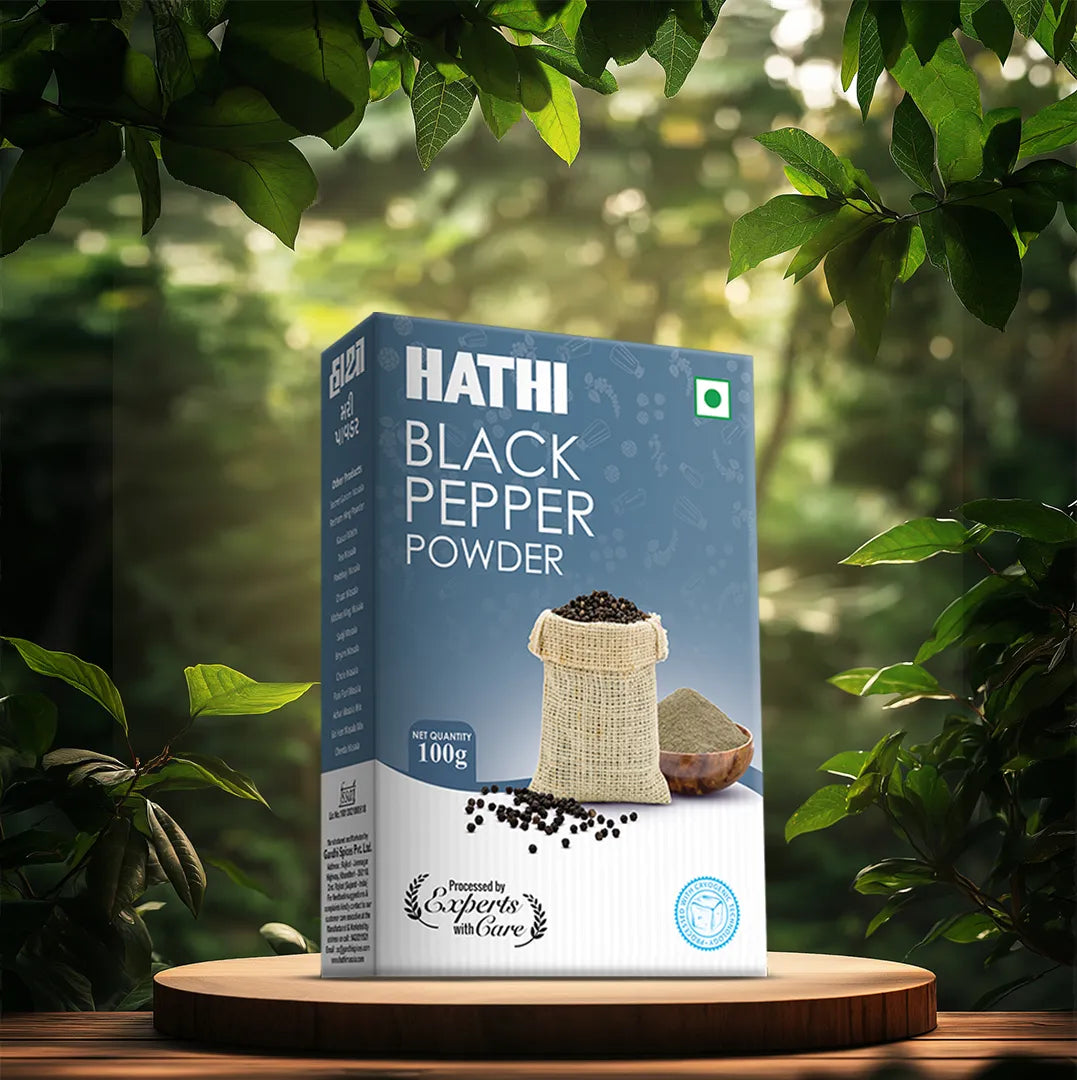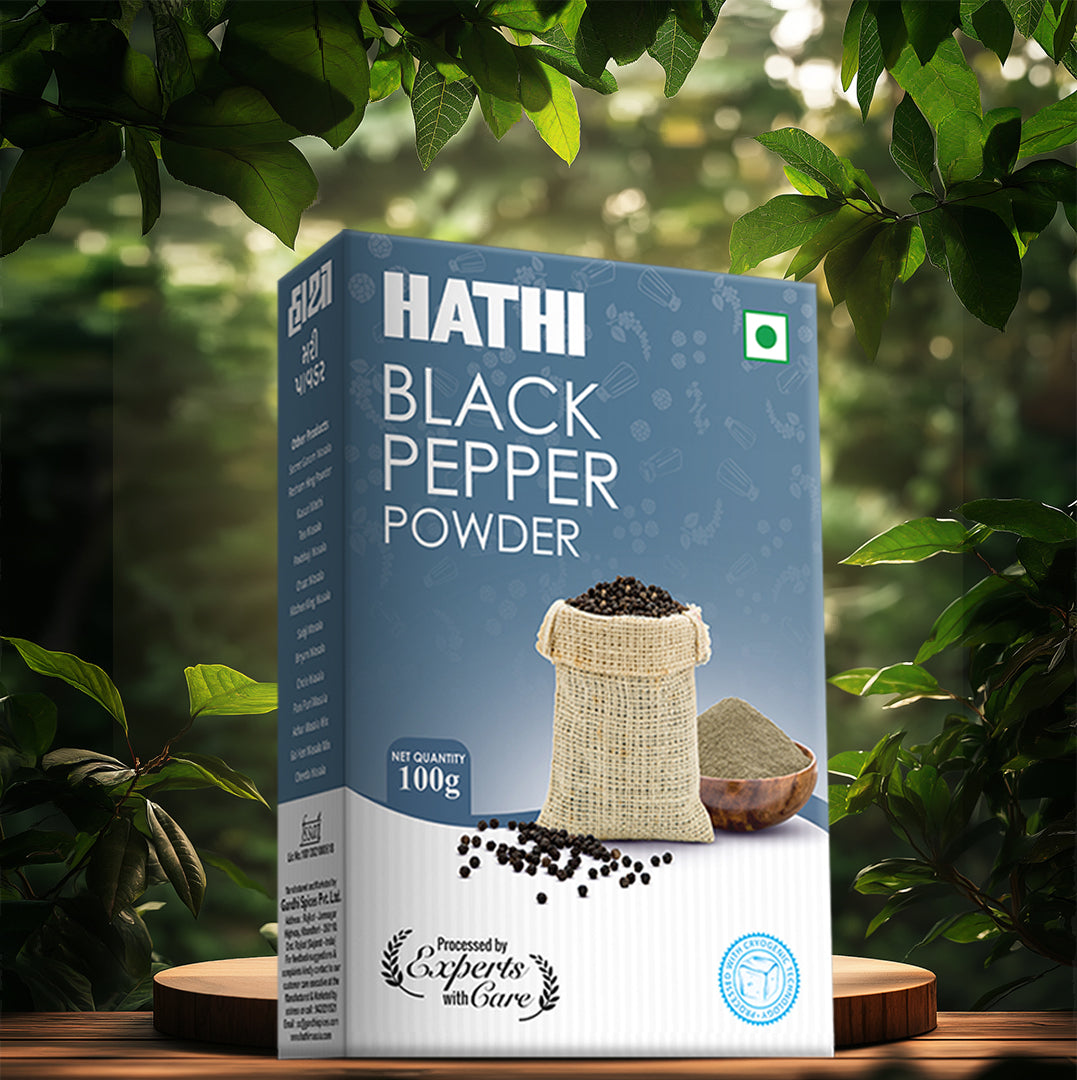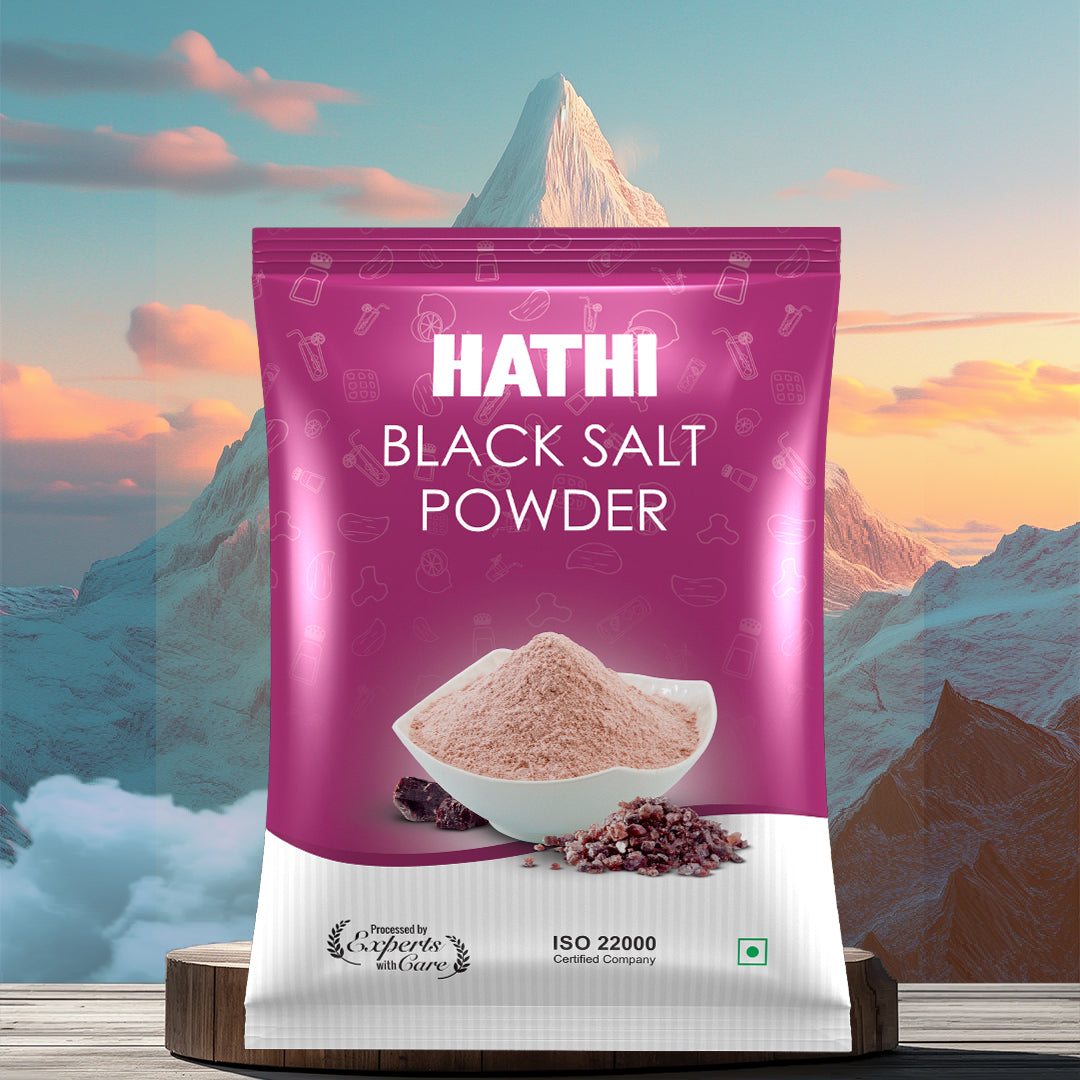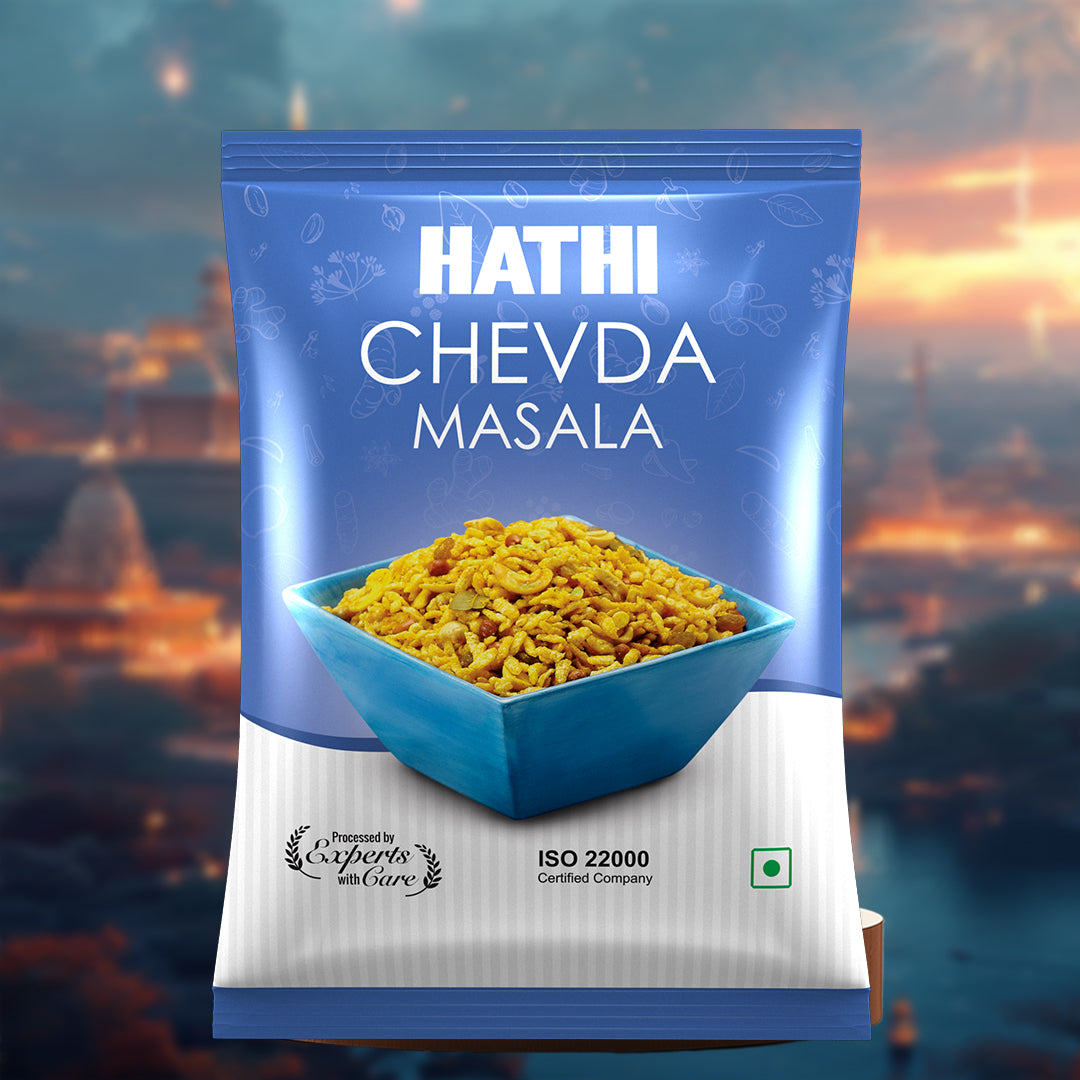Dry fruits have been an integral part of Indian homes because of taste, tradition, and health. They can be a chance to start the day with a handful of almonds or some dates in festive sweets. Dry fruits are not just snacks; they are nutritional powerhouses.
Let us explore the most popular and healthy dry fruits names used in India, along with their nutritional values, health benefits, and how you can add them to your daily diet.
What Are Dry Fruits?
Dry fruits are any fruits with a majority of their water content naturally reduced or dry fruits prepared using a drying method that gives them the ability to be energy-dense and nutrient-rich. In India, common dry fruits include almonds, cashews, raisins, and others.
They are an important source of protein, fibre, healthy fats, vitamins, and minerals, which makes them perfect for all ages.
List of Healthy Dry Fruits Names with Nutritional Value

Here’s a curated list of the top healthy dry fruits names commonly found in Indian markets, along with their key nutrients per 100g.
1. Almonds (Badam)
-
Calories: 576 kcal
-
Protein: 21g
-
Fat: 49g (mostly healthy fats)
-
Fiber: 12g
-
Rich in: Vitamin E, Magnesium, Antioxidants
Benefits:
-
Supports brain health
-
Helps in managing weight
-
Good for the heart and skin
Buy premium-quality Hathi Masala Almonds online today!
2. Walnuts (Akhrot)
-
Calories: 654 kcal
-
Protein: 15g
-
Fat: 65g (including Omega-3)
-
Fiber: 7g
-
Rich in: Omega-3 fatty acids, Copper, Manganese
Benefits:
-
Boosts brain function
-
Reduces inflammation
-
Helps manage cholesterol levels
Buy best-quality Hathi Masala Walnuts online today!
3. Cashews (Kaju)
-
Calories: 553 kcal
-
Protein: 18g
-
Fat: 44g
-
Rich in: Iron, Zinc, Magnesium, Vitamin K
Benefits:
-
Supports bone health
-
Enhances skin glow
-
Aids in red blood cell production
Buy premium-quality Hathi Masala Cashews online today!
4. Raisins (Kishmish)
-
Calories: 299 kcal
-
Sugar: 59g
-
Iron: 1.9 mg
-
Fiber: 3.7g
-
Rich in: Antioxidants, Iron, Potassium
Benefits:
-
Good for digestion
-
Prevents anemia
-
Helps in regulating blood pressure
Buy premium-quality Hathi Masala Raisins online today!
5. Dates (Khajoor)
-
Calories: 277 kcal
-
Sugar: 63g
-
Fiber: 7g
-
Rich in: Potassium, Magnesium, Vitamin B6
Benefits:
-
Instant energy booster
-
Supports bone health
-
Natural sweetener substitute
6. Figs (Anjeer)
-
Calories: 249 kcal
-
Sugar: 48g
-
Fiber: 9.8g
-
Rich in: Calcium, Iron, Potassium
Benefits:
-
Relieves constipation
-
Improves heart health
-
Strengthens bones
7. Pistachios (Pista)
-
Calories: 562 kcal
-
Protein: 20g
-
Fat: 45g
-
Rich in: Vitamin B6, Copper, Manganese
Benefits:
-
Supports metabolism
-
Lowers cholesterol
-
Enhances eye health
Buy premium-quality Hathi Masala Pistachios online today!
8. Apricots (Khubani)
-
Calories: 241 kcal
-
Sugar: 53g
-
Fiber: 7g
-
Rich in: Vitamin A, Potassium, Iron
Benefits:
-
Improves skin and eye health
-
Aids in digestion
-
Boosts immunity
9. Prunes (Dried Plums)
-
Calories: 240 kcal
-
Fiber: 7g
-
Rich in: Potassium, Iron, Antioxidants
Benefits:
-
Excellent for digestive health
-
Helps in bone density
-
Natural laxative effect
How to Add Dry Fruits to Your Daily Diet
-
Morning Routine: Soak 5-6 almonds and 2 walnuts overnight. Eat them on an empty stomach.
-
Midday Snack: Have a handful of raisins or figs with green tea.
-
Evening Treat: Mix cashews, pistachios, and dates in smoothies or energy bars.
-
Desserts: Add chopped apricots and prunes to oats, halwa, or kheer.
Read: Top 7 High Protein Dry Fruits for Weight Gain & Muscle Growth
Benefits of Eating Healthy Dry Fruits Regularly

Consuming dry fruits regularly provides various health benefits due to concentrated nutrients, antioxidants, and healthy fats. This is an overview of the health benefits:
Natural Source of Nutrients
Dry fruits are rich in vitamins (vitamin E, K, B-complex), minerals (potassium, iron, calcium, magnesium), and healthy fats. Dry fruits are nutrient-dense and function to upkeep health and prevent deficiencies.
Helping Immunity
There are plenty of micronutrients and antioxidants to help boost immunity and help the body fight infections. Also, it helps lower the risk factors for chronic diseases.
Helping Digestive Health
Dry fruits contain plenty of fiber, especially prunes, figs, and raisins. If you eat dry fruits regularly, it helps with digestion and slows constipation. It also helps promote healthy colon and supports good gut bacteria.
Helping the Heart
Nuts (almonds, walnuts, pistachios) contain unsaturated fats that help lower bad cholesterol (LDL) and improve good cholesterol (HDL) to help reduce risk of heart disease. Dry fruits are also high in fiber and antioxidants help support heart health.
Provides Lasting Energy
Natural sugars found in dry fruits give you a quick and lasting energy boost, making them a great choice for a snack that will give you lasting energy without the sugar crash of refined sugars.
Supports Bone Health
Certain dried fruits, like prunes, contain bone-health supporting nutrients (like vitamin K and boron!) that may help slow bone loss and support bone strength in mid-life.
Enhances Brain Function and Mood
Dry fruits contain nutrients that can promote brain function and may help lessen anxiety and depression. Walnuts, almonds, and cashews are particularly noted for their positive effect on mental health.
Promotes Healthy Skin and Hair
The antioxidants and vitamins in dry fruits are beneficial for skin and hair health by preventing oxidative stress and helping the body with tissue repair and growth.
Aids in Weight Control
Dry fruits may be calorie-dense, but in moderation, they can help with weight control thanks to their fiber and healthful fat content increase satiety and lower energy intake.
Helps Prevent Anemia
Some dry fruits, including dates and raisins, are a good source of iron, which increases hemoglobin levels and help prevent or treat anemia. This is especially beneficial for women.
May Help Lower Risk of Certain Diseases
Regular consumption of antioxidant-rich dry fruits is associated with a reduction in some cancers, type 2 diabetes, and hypertension. This may be due to their anti-inflammatory properties as well as nutrient-rich profiles.
Click here to read more about the benefits of eating dry fruits.
Tips for Consumption
-
Choose unsweetened or lightly sweetened varieties to avoid excess sugar intake.
-
Consume in moderation, as dry fruits are calorie-dense.
-
A 30g serving of dried fruit counts as one portion of your daily fruit intake.
Consistent consumption of healthy and best-quality dry fruits can have a positive impact on your health, as long as they are consumed in moderation and as part of a healthy diet.
Best Time to Eat Dry Fruits
For maximum benefits, eat dry fruits:
-
Morning: Soaked almonds, walnuts
-
Mid-morning or Evening: Raisins, figs, dates
-
Post-workout: Dates, cashews, pistachios
Read: 12 Powerful Dry Fruits Benefits You Should Know About
Popular Indian Dry Fruit Mixes
-
Panchmeva: Almonds, cashews, pistachios, dates, and raisins
-
Chyawanprash: Herbal formulation including dry fruits for immunity
-
Dry Fruit Ladoo: High-energy balls made with khajoor, anjeer, and nuts
Storage Tips
-
Store dry fruits in airtight containers
-
Keep them in a cool, dry place
-
Avoid direct sunlight
-
Refrigerate in summer to prevent spoilage
Conclusion
Understanding the healthy dry fruits names and their nutrition information will help you make better choices for yourself and your family. Whether your health objectives are immunity, weight management, or just eating clean, incorporating some variant of dry fruits daily in your diet is a simple, organic source of nourishment.
Dry fruits are not just for special occasions - they are superfoods every day!
Read: Best Dry Fruits for Hair Growth
Frequently Asked Questions
Which are the healthiest dry fruits in India?
Almonds, walnuts, pistachios, figs, and dates are considered the healthiest.
Can I eat dry fruits daily?
Yes, moderate consumption (20–30g daily) is healthy.
Which dry fruits help in weight gain?
Dates, raisins, cashews, and figs are calorie-dense and good for healthy weight gain.
Which dry fruits are good for skin and hair?
Almonds, apricots, and walnuts are rich in Vitamin E and Omega-3, ideal for skin and hair.
Are dry fruits suitable for diabetic patients?
In moderation, dry fruits like almonds and walnuts are good. Avoid high-sugar dry fruits like raisins and dates unless advised by a doctor.



